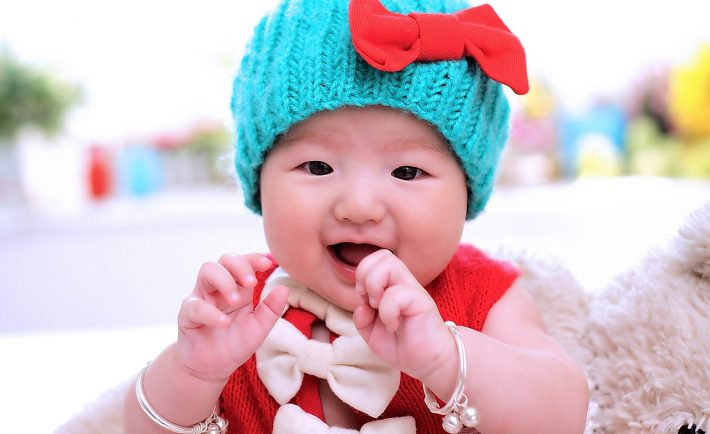It does not take a genius to understand how money greatly affects the Singaporeans’ approach to marriage and parenthood. The leading reasons why most Singaporeans are hesitant to make immediate marital or child-rearing plans are related to finances. The country’s population is affected due to these circumstances.
Related Article: Why Many Singaporeans Are Not Tying The Knot
Although last year’s Golden Jubilee ushered about 33,793 babies, our fertility rate remains below the replacement rate of 2.1 (i.e., the rate to maintain the population levels). This is why the Government introduces different incentives to encourage couples to have more children.
Attractive incentives include the parental leave, childcare subsidizes, and baby bonus. This article is going to focus on the beaming Baby Bonus Scheme! It was started in 2001 to provide financial assistance and support Singaporean couples in their decision to raise more children. The scheme is part of the “Marriage and Parenthood Package”, which includes a cash gift and (or) contributions to the Child Development Account (CDA).
You are welcome to avail the Baby Bonus Scheme if your child:
a. is a Singapore citizen,
b. was born alive,
c. was born from lawfully married parents, and
d. was born on or after September 1, 2016 from unwed parents.
After careful examination, you found out that you eligible to reap the benefits of the Baby Bonus Scheme. Congratulations! Remember that it has two distinct forms – the cash gift and the CDA.
The cash gift, as the name suggests, is given in the form of tangible dollars. The purchasing power belongs to you as you can do anything you desire with it. Use it responsibly to cushion the hefty newborn costs. You shall receive a cash gift of S$8,000 for your 1st and 2nd child. While, your 3rd and 4th child shall receive S$10,000 each. This only pertains to babies born on or after January 1, 2015. The cash gift will be given to you within 7-10 working days or after completing the online form.
CDA is a special savings account that can only be opened at the government approved banks. You may use it to shoulder the costs of childcare, kindergartens, medical procedures, and private integrated shield plans. Upon opening the CDA, you will receive the Dollar-for-Dollar matching contributions and CDA First Step grant.

Image Credits: pixabay.com
The ultimate purpose of the BBS is to provide financial assistance to parents who will help build a brighter future for Singapore. For more information, go to the official website at babybonus.msf.gov.sg.






